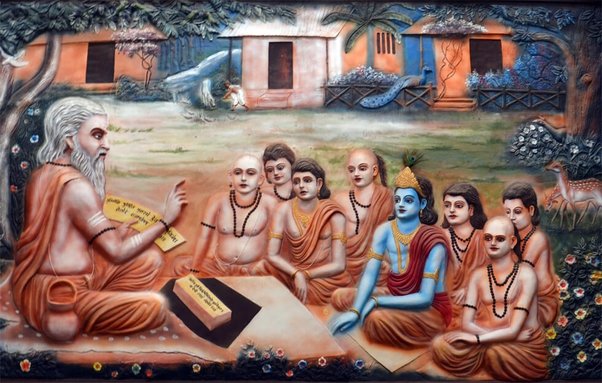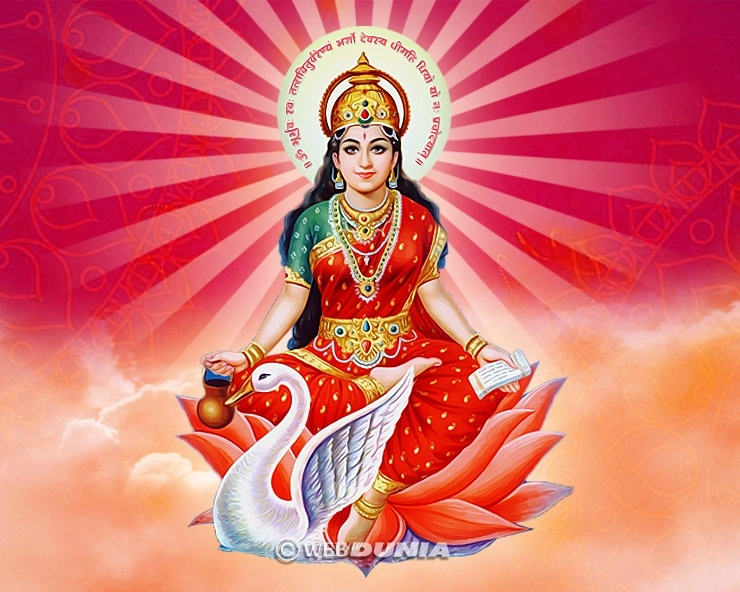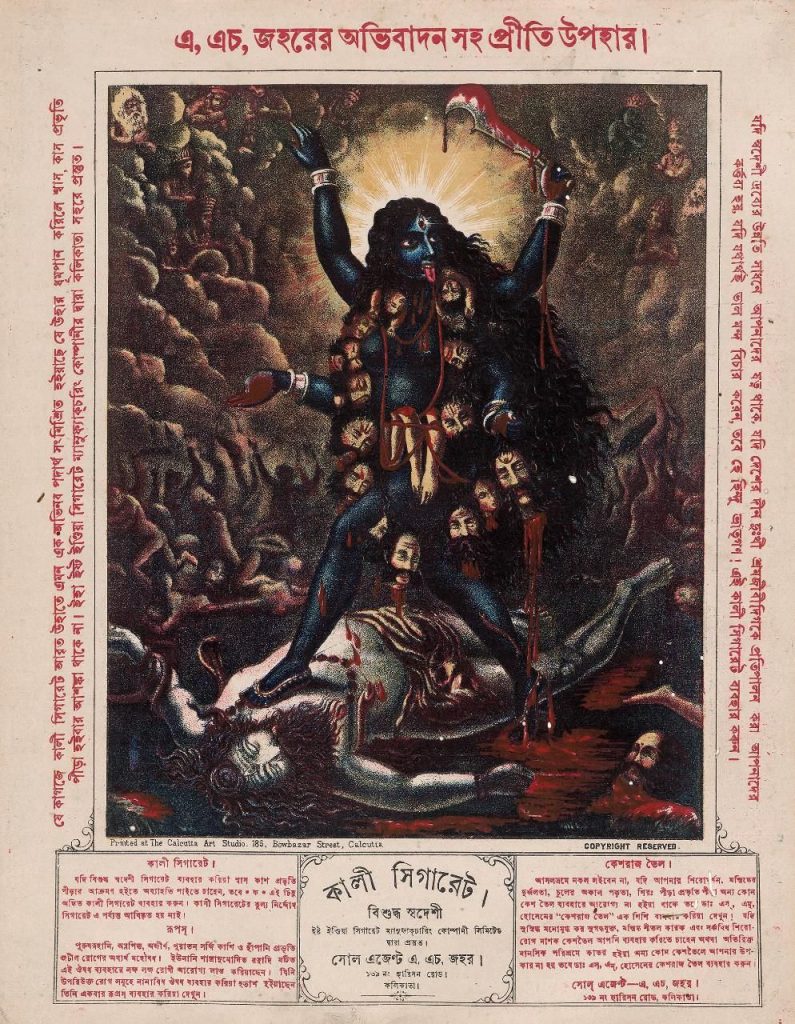Moksha is a Sanskrit term that means “liberation” or “release.” In the context of the ancient Sanatana Society or Hinduism, it refers to the ultimate goal of human life, which is to achieve liberation from the cycle of birth and death, and to merge with the divine.
According to Hindu philosophy, the individual soul or “atman” is trapped in the cycle of samsara, which is the cycle of birth, death, and rebirth. This cycle is driven by the law of karma, which states that every action has consequences that will affect the individual in this life and in future lives. The goal of human life is to break free from this cycle and to attain moksha.
Moksha is achieved through the realization of the true nature of the self and the universe. It is a state of profound spiritual realization in which the individual soul realizes its identity with the ultimate reality, known as Brahman. This realization brings an end to all desires and attachments, and leads to a state of supreme bliss and peace.
There are various paths to achieve moksha, including karma yoga, bhakti yoga, jnana yoga, and raja yoga. Each path involves different practices and techniques, but they all aim to purify the mind and help the individual realize their true nature.



